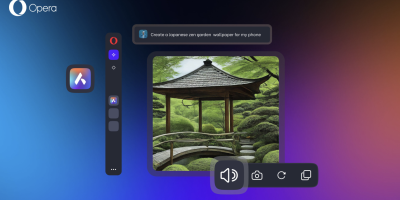What’s the best way to teach a new concept or skill? By using stories, of course! They are an engaging way to connect with your students, and can be used to teach anything from basic math concepts to marketing strategies.
In this article, we’ll show you how to use stories to build an engaging training class that will keep your students coming back for more. Ready to give it a try? Let’s get started!
Storytelling as a Teaching Method
There’s something about stories that makes them incredibly engaging. They are an effective way to teach new concepts and skills, because they allow students to connect with the content on a personal level. In addition, storytelling can be used to promote creativity and problem-solving skills.
By using these elements in your training classes, you’ll create a stimulating environment that will keep your students coming back for more! Here are four tips for using storyteller
1. Start with a Hook
The first step in using storytelling as a teaching method is to provide a hook that will capture your students’ attention. This can be anything from introducing the story characters to discussing the plot points. Once you have their attention, you can begin telling the story.
2. Use Sentences That Capture Ideas and Concepts
When telling your story, make sure each sentence captures an idea or concept that you are trying to teach your students. Be specific so that your students will understand what they are learning. For example, if you’re teaching algebra concepts , make sure to include examples of how each equation can be used in real-world scenarios.
3. Use Visual Aids When Necessary
If your students are reading the story, you may need to use visual aids (such as flashcards or diagrams) to help them understand what is happening. However, be careful not to become too reliant on these aides; if they lose interest, the visual aids will not be enoughto keep them engaged.
4. Tell the Story from Multiple Perspectives
When teaching a new concept, it can be helpful to tell the story from multiple perspectives. For example, you could have a student read one character’s perspective and then have another student read the opposite viewpoint.
This will help students understand how different people may look at the same event or situation. Also, use tool like Articulate Storyline to help with storytelling in the classroom.
5 . Reward Student Engagement
One of the best ways to ensure student engagement is by rewarding them for their participation. This can be anything from giving extra credit for involvement in class discussions to allowing students to play a role in the story later on.
6. Keep Things Fun and Engaging for Your Students
Finally, make sure to keep things fun and engaging for your students. This means keeping the story moving and avoiding boring or unnecessary details. Use heartwarming stories that will inspire your students to reach for their own dreams!
Conclusion
The ultimate way to create an engaging training class is not to underestimate the power of stories. The best teachers are the ones who can make their trainees’ imaginations run wild with exciting stories that inspire them to learn. Sometimes, they can even bring a twist to old classics or make it personal by sharing their own stories!
So, don’t forget that in your next training session. Instead of reading from a Powerpoint slide deck, tell stories that drive your trainees towards action and get them excited about change today!











Comments